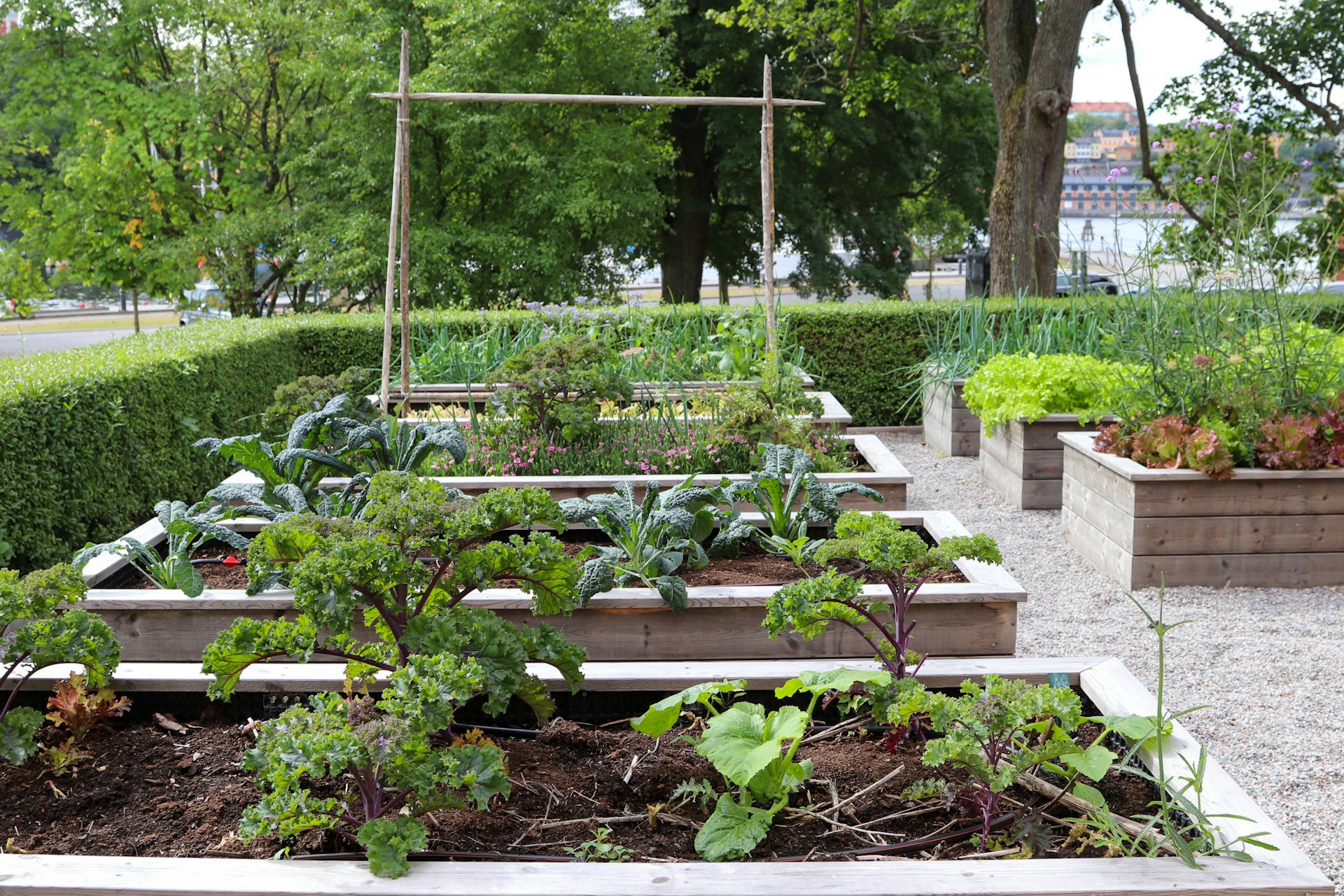Unlocking Lasting Change: How Self-Discipline Transforms Lifestyle Habits

Photo by Miguel Constantin Montes on Unsplash
Introduction: The Transformative Power of Self-Discipline
Self-discipline is the cornerstone of meaningful lifestyle change. It empowers individuals to overcome impulses, maintain focus on their goals, and establish habits that lead to lasting well-being and personal success. Whether striving for better health, greater productivity, or deeper happiness, cultivating self-discipline is the essential first step-unlocking the potential to shape your life on your own terms [1] .
Why Self-Discipline Matters in Building Lifestyle Habits
Positive lifestyle changes-such as regular exercise, healthy eating, mindful communication, or financial responsibility-rarely happen by accident. These habits require a deliberate approach governed by self-discipline. When individuals consistently exercise self-control, they learn to regulate their desires, actions, and emotions, which directly influences their ability to form and sustain healthy routines [1] .
Research and real-world examples demonstrate that self-discipline is a skill that can be developed incrementally. For instance, someone aiming to lose weight must adopt disciplined eating and exercise habits. By taking small, consistent steps-such as meal planning and scheduling workouts-they build momentum, achieve results, and increase their self-confidence [3] .
Key Benefits of Self-Discipline in Everyday Life
1. Enhanced Focus and Productivity: Self-discipline helps prevent distractions and procrastination. With clear goals and routines, individuals are better able to prioritize tasks, complete them efficiently, and maximize their time [2] .
2. Improved Emotional Well-being: Those with strong self-discipline are less likely to engage in self-destructive behaviors or dwell on negativity. Instead, they focus on positive actions, leading to a greater sense of happiness and fulfillment [2] .
3. Continual Personal Growth: By consistently practicing self-discipline, individuals create opportunities for self-improvement. They build resilience, develop new skills, and achieve milestones that once seemed out of reach [4] .
4. Tangible Results and Momentum: Regular self-discipline leads to observable changes-such as improved health, better relationships, or career advancement. These results reinforce motivation and make disciplined actions habitual [4] .
Practical Steps to Cultivate Self-Discipline and Form Lasting Habits
Adopting self-discipline is a gradual process that benefits from clear strategies and supportive resources. Here are actionable steps to help you build and maintain disciplined habits:

Photo by Sirotorn Sumpunkulpak on Unsplash
Step 1: Set Specific, Achievable Goals Begin by defining what you want to change. Break larger objectives into manageable steps. For example, if aiming for better health, start with a simple commitment such as walking for 15 minutes each day [3] .
Step 2: Develop a Routine and Use Tools Create a daily schedule or use a journal to track progress. Planning ahead reduces the likelihood of impulsive decisions and keeps you accountable. Many find success using planners, habit-tracking apps, or reminders [2] .
Step 3: Practice Mindfulness and Reflection Mindfulness exercises such as meditation or focused breathing can improve awareness and self-control. Take time to reflect on your choices and adjust your approach as needed [2] .
Step 4: Seek Support and Accountability Share your goals with trusted friends, family, or professional coaches. External support can boost motivation and provide valuable feedback. If you encounter setbacks, seek guidance from healthcare providers or consult wellness professionals for tailored advice [5] .
Step 5: Celebrate Progress and Adapt Acknowledge your achievements, no matter how small. Use setbacks as learning experiences rather than reasons to quit. Gradually increase the challenge as routines become second nature.
Overcoming Challenges in Building Self-Discipline
Many people struggle with self-discipline due to conflicting desires, lack of motivation, or external pressures. Common obstacles include:
Lack of Immediate Results: Lifestyle changes often require time before benefits become visible. Combat discouragement by focusing on incremental progress and setting short-term rewards.
Temptation and Distractions: Identify triggers that lead to impulsive decisions. Replace negative cues with positive alternatives-such as substituting a walk for mindless snacking or setting “no phone” times during work hours.
Social and Environmental Factors: Surround yourself with supportive individuals and environments. If temptations are prevalent, adjust your setting or social circle to align with your objectives.
Alternative Approaches: If traditional methods are not effective, consider new strategies such as joining group programs, trying professional coaching, or using technology for habit reinforcement.
Accessing Resources and Support for Lasting Change
For those seeking structured support, many healthcare organizations and coaching professionals offer guidance on building self-discipline and forming healthy habits. While verified links to specific programs may be unavailable, you can find reliable support by:
- Contacting your physician or local healthcare provider for personalized wellness advice.
- Searching for “habit coaching” or “wellness coaching” programs through reputable medical centers or professional associations.
- Utilizing habit-tracking tools and mindfulness apps available through major app stores.
- Seeking local community groups focused on wellness, fitness, or personal development.
If you need help breaking unhealthy habits (e.g., smoking cessation, weight management), reach out to established healthcare systems or consult your local public health department for available programs and resources [5] .
Key Takeaways: Making Self-Discipline a Way of Life
Self-discipline is not a one-time effort but an ongoing practice that transforms daily routines and empowers individuals to achieve their goals. By understanding its role, applying actionable strategies, and seeking appropriate support, you can build habits that create lasting positive change in your lifestyle. Begin by setting clear intentions, leveraging available resources, and focusing on progress-one disciplined step at a time.
References
- Success Starts Within (2024). Why Self-Discipline & Habits Go Hand In Hand.
- Cornell University Learning (2024). How Self Discipline Can Improve Your Whole Life.
- Echelon Front (2024). Why Is Self-Discipline Important for Achieving Success?
- Coach Scotty Russell (2023). The Value of Self-Discipline: Are You Taking Advantage?
- Adventist HealthCare (2013). The Importance of Self-Discipline.
MORE FROM cheerdeal.com













